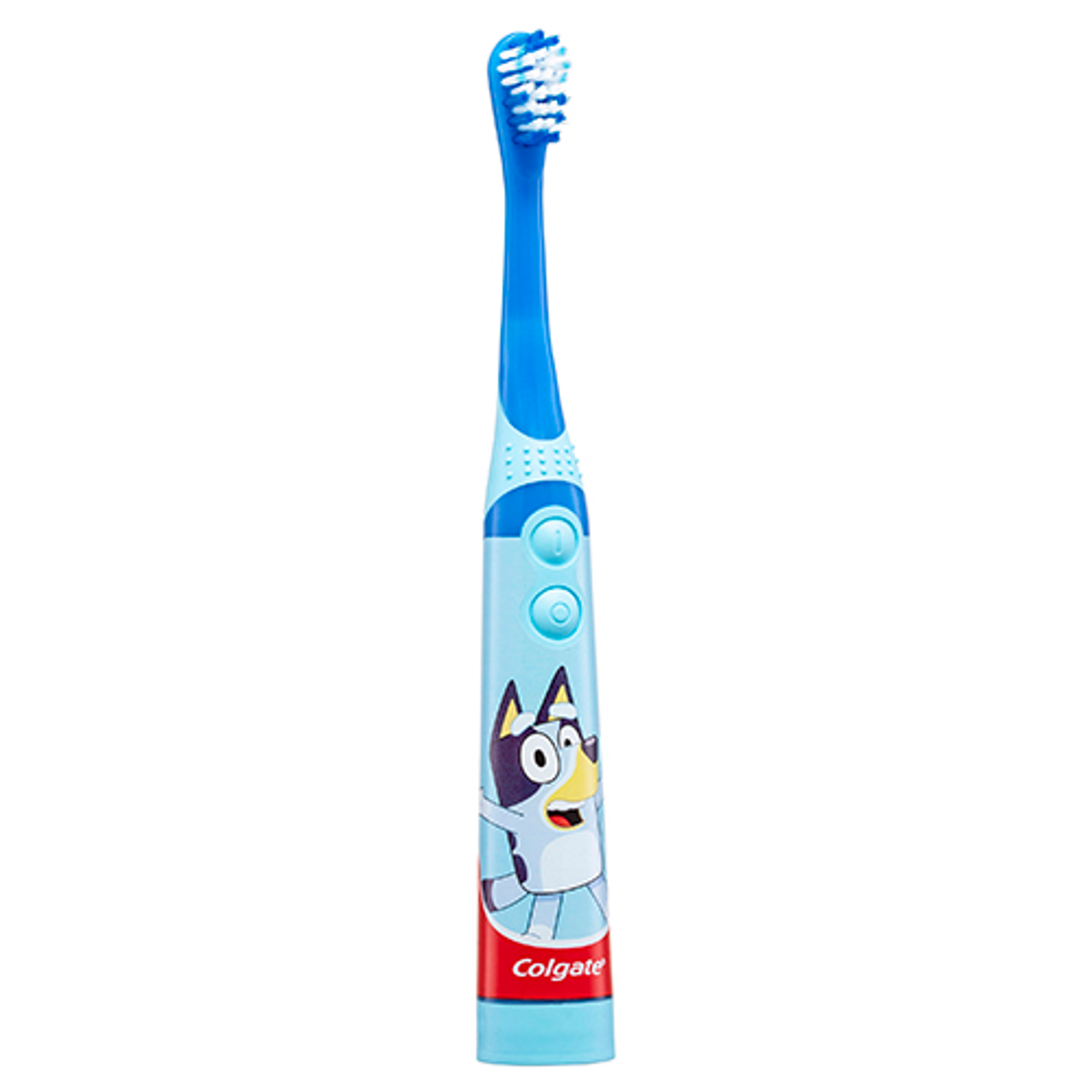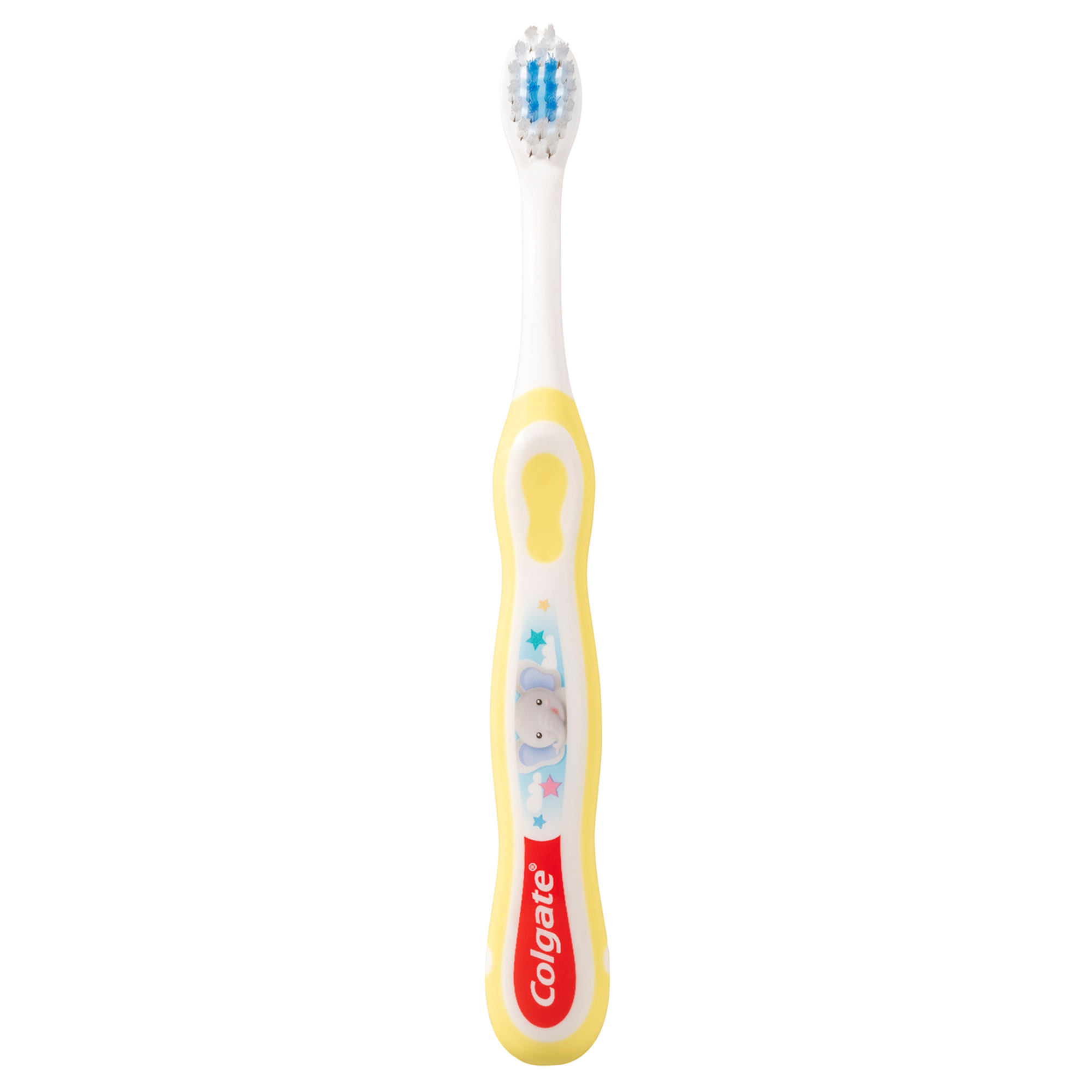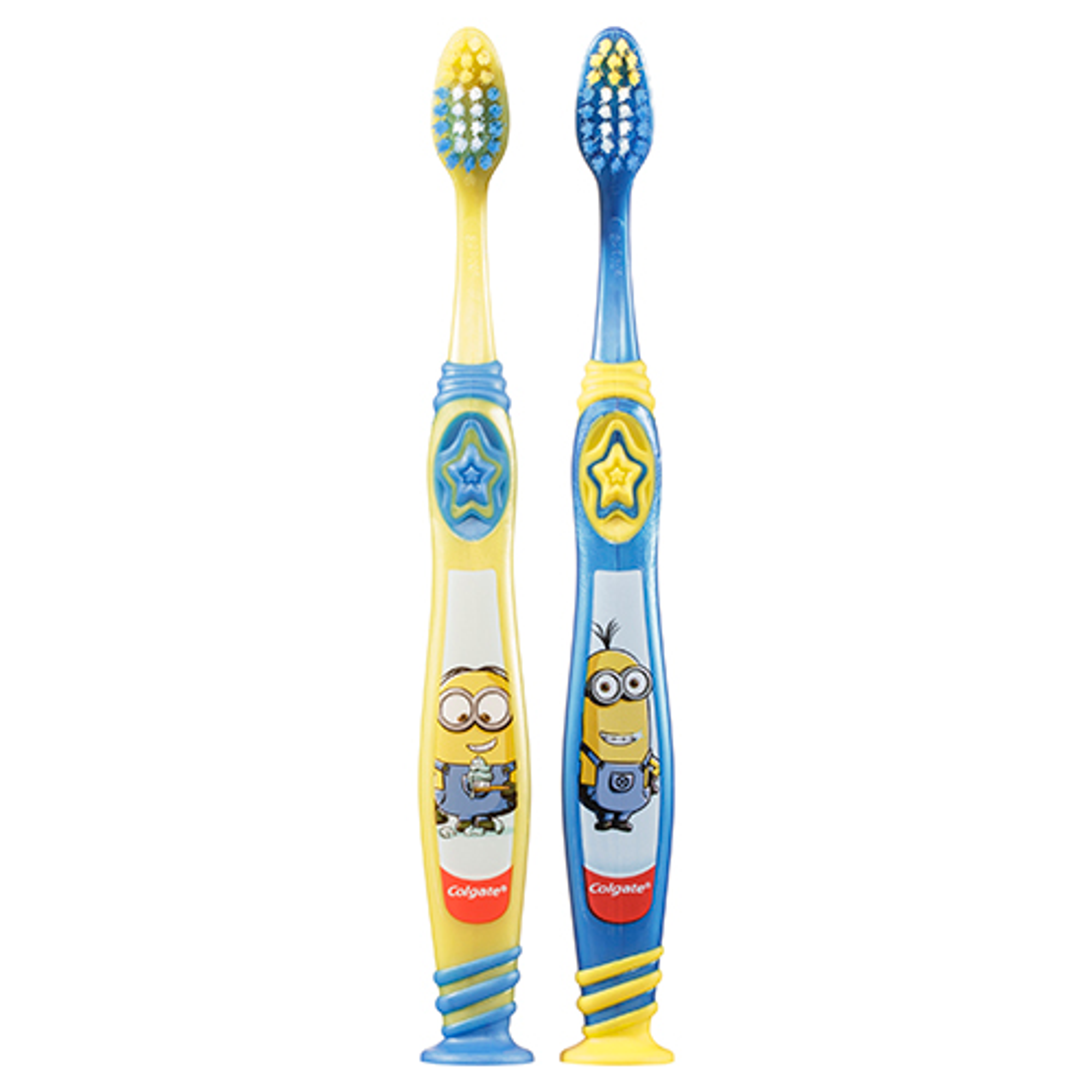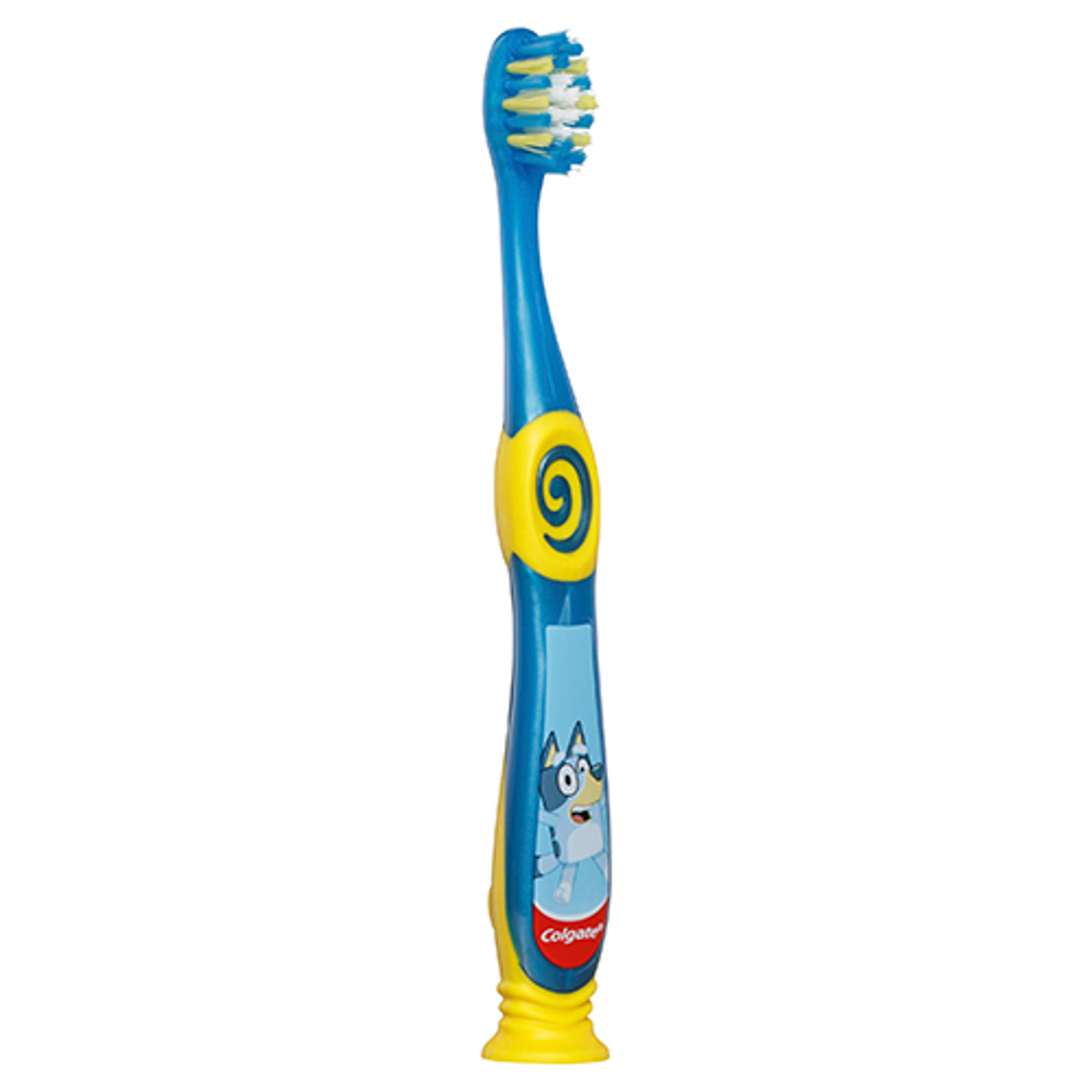-
-

BRUSHING & FLOSSING
How to BrushWhat Is the Right Way to Brush?
Proper brushing takes at least two minutes — that's right, 120 seconds!...

BRUSHING & FLOSSING
How To FlossWhat is the Right Way to Floss?
Proper flossing removes plaque and food particles in places where a toothbrush cannot easily reach... -
Science & Innovation
- Home
- Oral Health
- At What Age Do Babies Start Teething?
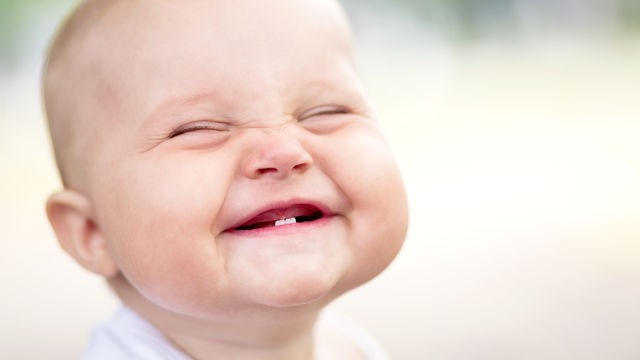

As a parent, you become familiar with every one of your baby's cries. One day there will be a new one: a cry that signals that your baby's first tooth is coming through. Before that new cry comes, here is some information all parents should know about when babies teeth begin to erupt into the mouth and what they can do to alleviate their teething pain.
When do babies start teething?
According to the Australian Dental Association (ADA), a baby's first tooth often appears anywhere from four to ten months of age. The last teeth to grow in are usually the second molars, or back teeth, which often start making an appearance anywhere from 13 months all the way up to 3 years.
When a tooth starts to break through the gumline, the process will naturally cause your little one some discomfort. The ADA states that some of the symptoms of teething include frequent crying, drooling, irritability, trouble sleeping and gnawing and biting on toys. All of this is completely natural. Many of these symptoms will occur throughout the teething process, and every new tooth will take from a couple of days to a few weeks to completely break through.
How to alleviate teething discomfort
While babies teeth erupt at different ages, there's one thing they all have in common. Teething often leads to some discomfort, and babies need your help to ease their pain. The ADA recommends rubbing the gums with a clean finger, or even a chilled washcloth. A teething ring is another way to make your child's teething process more comfortable.
Taking care of baby teeth
Even before babies are finished teething, be sure to keep every new tooth clean in order to avoid any tooth decay resulting from the baby's diet. While the teeth will naturally fall out later in childhood, paediatricians recommend using a washcloth to wipe a baby's teeth after feeding time. In Australia, the ADA also recommends that a responsible adult brush the teeth of young children from the time the first tooth erupts up to the age of 18 months using a toothbrush with no toothpaste. You can add a drop of fluoride toothpaste to the cleaning process after 18 months of age. The New Zealand Ministry of Health states that most fluoridated toothpastes sold there contain 1000 ppm of fluoride, which is the recommended strength for both adults and children, and recommends using just a smear for children and then a pea-sized amount for adults. Fluoride guidelines differ by region depending on the environment.
If you have further questions about when babies start teething, or concerns about your baby's teething, be sure to speak to a paediatrician or dentist.
This article is intended to promote understanding of and knowledge about general oral health topics. It is not intended to be a substitute for professional advice, diagnosis or treatment. Always seek the advice of your dentist or other qualified healthcare provider with any questions you may have regarding a medical condition or treatment.
Related Products

Helping dental professionals
More professionals across the world trust Colgate. Find resources, products, and information to give your patients a healthier future






